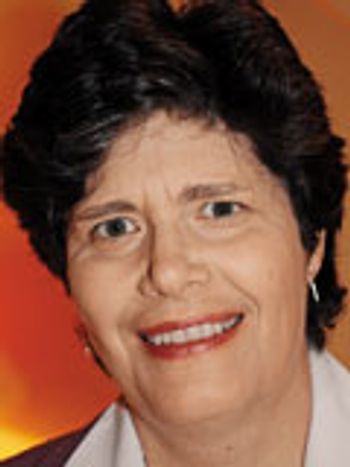
New designations lead to faster drug approvals, but there is more work to be done.

Rita C. Peters is the former editorial director of BioPharm International, Pharmaceutical Technology, and Pharmaceutical Technology Europe.

New designations lead to faster drug approvals, but there is more work to be done.
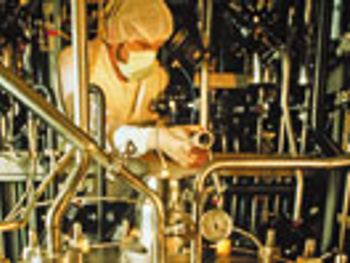
As more biologic drugs come to market, manufacturers will require improved bioprocessing technologies.

Industry professionals share the ups and downs of working in the biopharma industry.

Ebola Virus Disease (EVD) is a severe, often fatal disease that is transmitted human-to-human through bodily fluids.
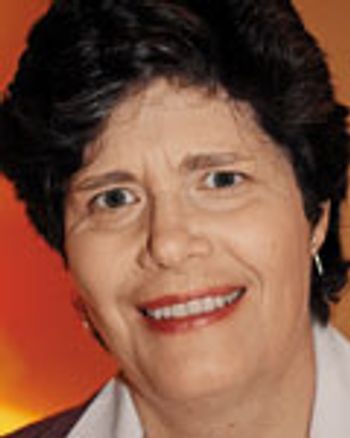
Changes are needed to maintain US biopharma innovation leadership.

More media options open publishing opportunities for bioprocessing experts and authors.

Generics, market dynamics, and global demand are changing drug spending patterns.
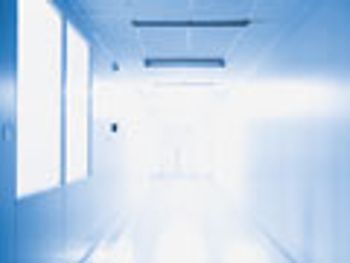
Single-use systems and other technologies drive process efficiencies, but there is room for improvement.
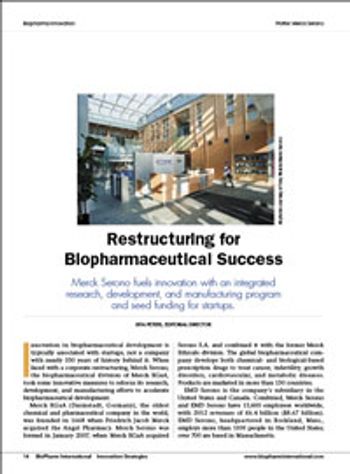
Merck Serono fuels innovation with an integrated research, development, and manufacturing program and seed funding for startups.
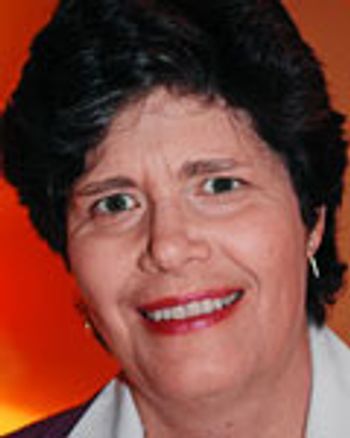
Higher wages and employment rates give biopharm professionals an edge over counterparts in other industries.

The employment picture brightened a bit, but biopharma employees still seek better compensation.
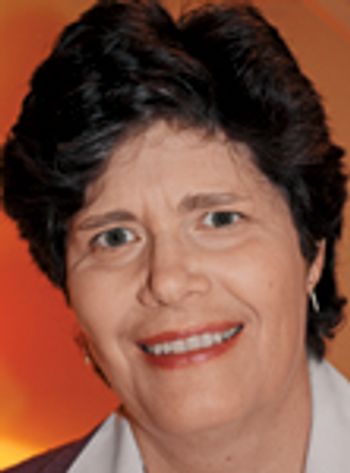
As the Supreme Court ruled on generic-drug liability, FDA outlined new rules for warning labels.
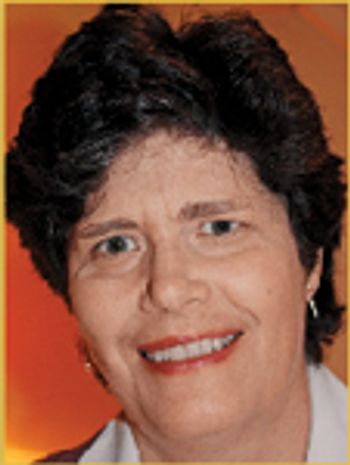
Pharma and biotech companies, with the rest of the healthcare industry, must face change.
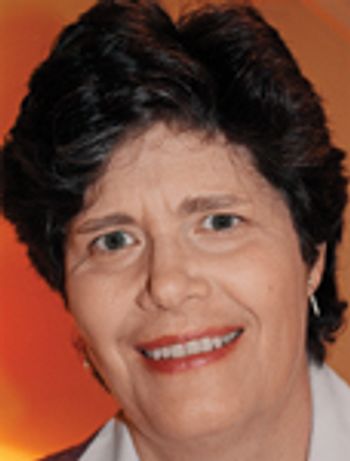
Wanted: Aspiring authors to share technical and scientific solutions for biopharmaceutical processing.

America's biopharmaceutical companies are using biological processes to develop 907 medicines and vaccines targeting more than 100 diseases, according to a new report.
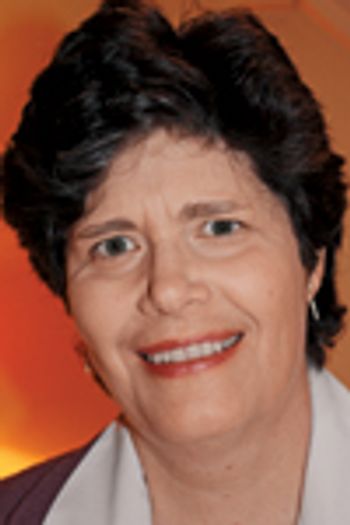
A QbD paradigm advances process understanding in development and manufacturing.

Mandatory cuts threaten to slow research and patient access to new therapies, Burrill & Company says.

Affymax Inc. and Takeda Pharmaceutical Company Limited have decided to voluntarily recall all lots of OMONTYS (peginesatide) Injection to the user level as a result of new postmarketing reports regarding serious hypersensitivity reactions.

SGS has added a 12-bed, Biosafety Level 2-Q compliant, quarantine facility for viral challenge studies to its clinical pharmacology unit in Antwerp, Belgium.